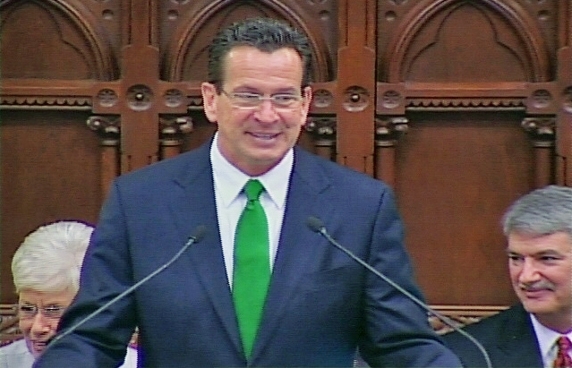As states around the country continue to face ongoing projected budget deficits, many elected officials are advocating consumption tax hikes in an effort to close budget holes (see Dayton, Mark and Democrats, Minnesota). However, New Hampshire recently cut its cigarette tax in a move to increase revenue and now Michigan–the state generally regarded as having the worst economy in the country–may follow suit.
Senate Bill 517 would roll back the $2 per pack cigarette excise tax, among the highest in the nation, and reset it at $1 per pack. It would be partnered with budget cuts including an option that would tighten up Medicaid restrictions, loosened by the previous Democratic administration.
As with New Hampshire, experts believe the move could enable Michigan to become more competitive vis a vis neighboring states with higher cigarette taxes, encouraging consumers to purchase their cigarettes within the state rather than elsewhere. In addition, the move could reduce the attractiveness of smuggled cigarettes illegally sold without tax being levied. Studies by the Mackinac Center for Public Policy have estimated that nearly 35 percent of all cigarettes consumed within the state were purchased outside its borders, in Indiana, Ohio and even Kentucky. The estimated tax-induced smuggling in Michigan, which increased steadily as the taxes on cigarettes also increased, was a hefty 16 percent, the fifth highest in the nation.
Of course, passage of SB 517 would also be a decisive victory for personal freedom, as the rollback bill’s champion has made clear:
“It is largely a philosophical belief that the government thinks that the consumption of alcohol and tobacco is so bad, but government is so addicted to the revenue,” he said.
“I wasn’t elected to protect what’s in government coffers. I was elected to protect what’s in the pocketbook of my constituents and the people I serve,” he added.
However, given concerns over the state budget, it is likely that fellow legislators will be more intrigued by the revenue-enhancing effects of the proposed cut, especially in the wake of media attention that New Hampshire’s reduction has received.

COMMENTS
Please let us know if you're having issues with commenting.